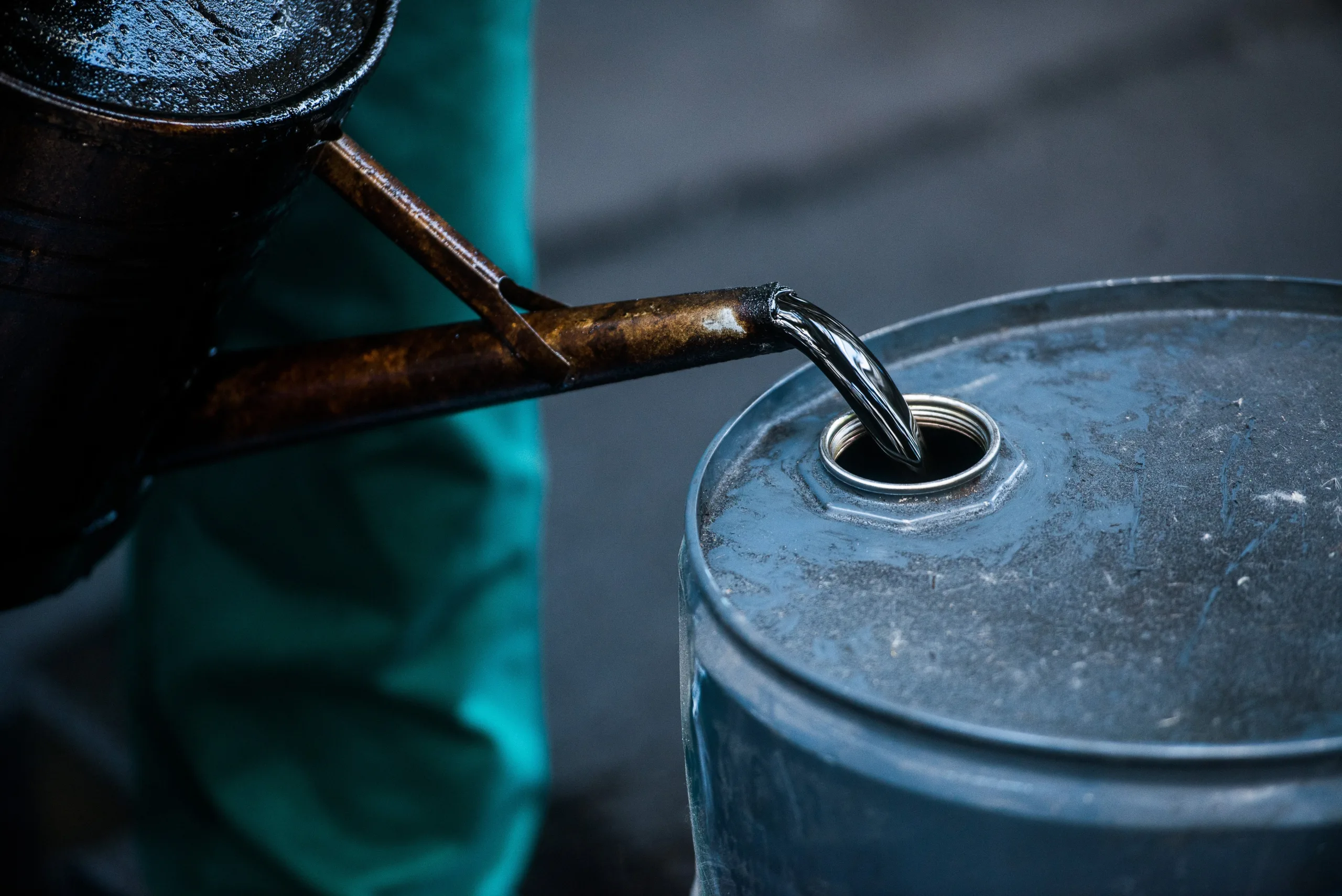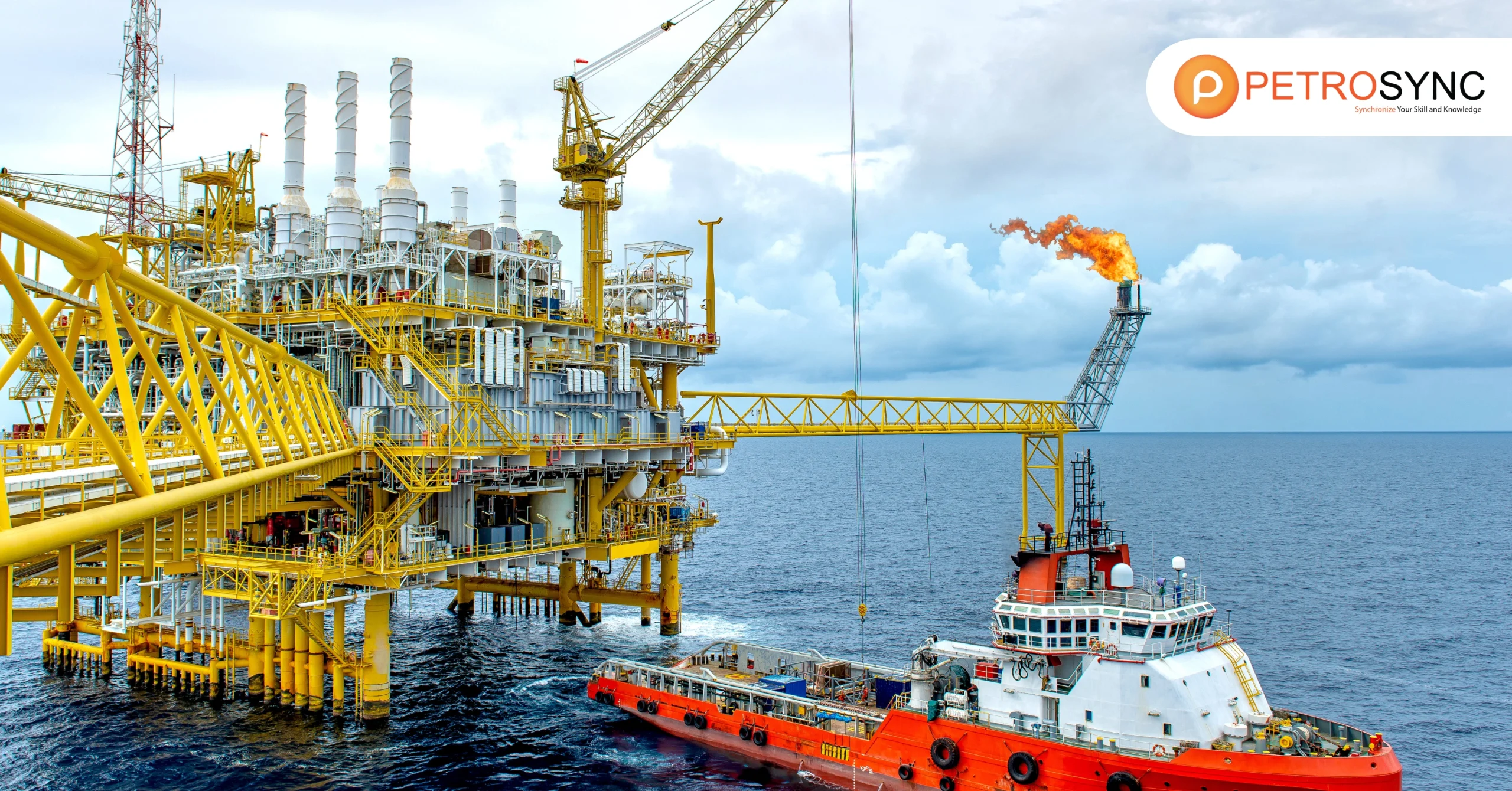Well engineering plays a vital role in shaping the energy industry by enabling the efficient extraction of oil, gas, and other resources from underground reservoirs. Engineers in this field design, plan, and execute drilling operations, ensuring the safe and effective production of energy sources. By optimizing drilling techniques, managing reservoirs, and implementing innovative technologies, well engineering contributes to meeting global energy demands while minimizing environmental impact.
What Is Well Engineering?
Well Engineering consists of engineering facilitating the design and construction of a well, which is the process of designing, drilling, and managing wells to extract oil, gas, or water from underground reservoirs. It involves planning the layout of the well, choosing the right drilling techniques and equipment, and ensuring safe and efficient extraction of resources.
Well engineers work to maximize production while minimizing costs and environmental impact. Overall, well engineering plays a crucial role in the exploration and production of natural resources from beneath the Earth’s surface.
What Does A Well Engineer Do?
A Well engineer is responsible for designing, planning, and executing drilling operations for oil and gas wells, as well as overseeing the construction of wells used to extract oil, gas, or water from underground reservoirs. They carefully analyze geological data to determine the best location and design for the well.
During drilling operations, they ensure the proper use of equipment and techniques to safely reach the desired depth. After drilling, they oversee the well completion, including installing the necessary equipment for production. Well Engineers also monitor and maintain the wells to ensure efficient and the safe extraction of resources over time. Overall, their role is crucial in the exploration and production of natural resources from beneath the Earth’s surface.
Well Engineers also collaborate with geologists, drilling contractors, and other specialists to ensure the success of well projects. They evaluate risks associated with drilling, such as encountering unexpected formations or pressure zones, and develop contingency plans to address these challenges.
Additionally, they stay updated on industry regulations and best practices to ensure compliance and uphold safety standards throughout the drilling process. Their expertise and attention to detail are essential for optimizing well performance and maximizing resource extraction while minimizing environmental impact.
What Is The Importance of Well Engineering in The Oil and Gas Industry?
In summary, well engineering is crucial for the oil and gas industry’s success and sustainability. It involves various essential aspects like:
1. Efficient Resource Extraction
Well engineering plays a crucial role in efficiently extracting oil and gas resources from underground reservoirs. By designing and implementing well structures and drilling techniques, engineers can access these resources effectively, maximizing production rates while minimizing costs.
2. Safety and Environmental Protection
Well engineering prioritizes safety and environmental protection throughout the drilling and production process. Engineers implement robust safety measures to prevent accidents and mitigate environmental risks, ensuring that well operations adhere to regulatory standards and minimize ecological impact.
3. Cost Optimization
Effective well engineering strategies help optimize costs associated with drilling and production activities. Engineers carefully plan well designs and drilling operations to minimize downtime, reduce equipment wear and tear, and enhance overall operational efficiency, ultimately leading to cost savings for oil and gas companies.
4. Reservoir Management
Well engineers play a vital role in reservoir management by monitoring well performance and implementing strategies to optimize production over the well’s lifespan. Through techniques such as hydraulic fracturing and enhanced oil recovery, engineers can maximize resource recovery from reservoirs, extending the productive life of wells.
5. Innovation and Technology Advancement
Well engineering drives innovation and technological advancement within the oil and gas industry. Engineers continually develop and deploy new drilling techniques, equipment, and software solutions to overcome technical challenges, improve efficiency, and unlock previously inaccessible resources, driving the industry forward.
What Are The Scopes of Well Engineering?
Well engineering includes several fields of focus, such as:
1. Pore Pressure
Pore pressure refers to the pressure exerted by fluids within the pores of the rock formations surrounding a wellbore. Well engineers analyze pore pressure to ensure drilling operations remain within safe limits and prevent blowouts.
The scope of pore pressure management includes predicting and controlling pressure changes during drilling to maintain well integrity and safety. For example, if the pore pressure exceeds the formation strength, it can lead to a blowout, resulting in dangerous situations and environmental damage.
2. Kick Tolerance
Kick tolerance refers to the ability of a well to tolerate the influx of formation fluids, such as oil or gas, during drilling operations without compromising safety. Well engineers assess kick tolerance to determine the maximum allowable influx volume and plan drilling procedures accordingly.
The scope of kick tolerance management involves designing well control procedures and equipment to handle unexpected fluid influxes safely. For instance, if drilling encounters a high-pressure formation, the well must be equipped to control the influx and prevent a blowout.
3. Casing Functions
Casing refers to the steel pipes installed inside a wellbore to provide structural support, prevent formation collapse, and isolate different zones. Well engineers design casing strings to fulfill various functions, including maintaining well integrity, preventing fluid migration between formations, and supporting production equipment.
The scope of casing functions encompasses selecting appropriate casing sizes and setting depths based on well conditions and regulatory requirements. For example, surface casing prevents groundwater contamination, while production casing supports the wellbore during production operations.
4. Casing Design
Casing design involves determining the specifications and placement of casing strings within a wellbore to ensure well integrity and performance. Well engineers consider factors such as formation characteristics, well depth, pressure conditions, and regulatory standards when designing casing programs.
Casing design includes evaluating different casing designs to meet specific well objectives and optimize drilling and production operations. For instance, engineers may design a casing program with larger diameters in high-pressure zones to provide additional support and prevent casing failure.
5. Cementing
Cementing refers to the process of placing cement slurry between the casing and the wellbore wall to provide hydraulic isolation and zonal isolation. Well engineers oversee cementing operations to ensure proper bonding between the casing and the formation, preventing fluid migration and maintaining well integrity.
Cementing includes designing cement slurries, selecting placement techniques, and evaluating cement bond quality. For example, engineers may use centralizers to ensure uniform cement distribution and achieve adequate zonal isolation.
6. Drilling
Drilling involves the process of creating a wellbore by rotating a drill bit and applying a downward force to penetrate the subsurface formations. Well engineers manage drilling operations to achieve desired well objectives, such as reaching target depths, encountering productive reservoirs, and minimizing formation damage.
The scope of drilling includes selecting drilling techniques, optimizing drilling parameters, and troubleshooting drilling challenges. For example, engineers may use directional drilling techniques to steer the wellbore through complex geological formations.
7. Petroleum Engineering
Petroleum engineering encompasses various aspects of well engineering, including reservoir evaluation, production optimization, and wellbore design. Petroleum engineers work closely with well engineers to maximize the recovery of hydrocarbon resources from subsurface reservoirs.
The scope of petroleum engineering extends beyond individual wells to encompass field development planning and reservoir management strategies. For example, petroleum engineers may use reservoir simulation models to optimize well placement and production strategies to maximize hydrocarbon recovery.
In summary, well engineering plays a crucial role in the energy industry by ensuring the safe and efficient extraction of oil and gas resources. Through careful planning and execution of drilling and production operations, well engineers contribute to maximizing resource recovery while minimizing environmental impact and operational risks. Their expertise in managing factors like pore pressure, kick tolerance, casing functions, and cementing helps maintain the integrity and performance of wells over time.
Furthermore, the importance of well engineering extends to drilling training programs, which are essential for equipping engineers with the knowledge and skills required to tackle the challenges of drilling operations effectively.
PetroSync offers drilling training courses aimed at providing engineers with a comprehensive understanding and practical experience in well engineering practices. These courses help engineers become well versed and adept at handling drilling and well engineering challenges, ensuring they are equipped to contribute effectively to the energy industry.
Credit header image: Vecteezy

SEO specialist by day, fact-checker by night. An avid reader and content writer dedicated to delivering accurate and engaging articles through research and credible sources.






